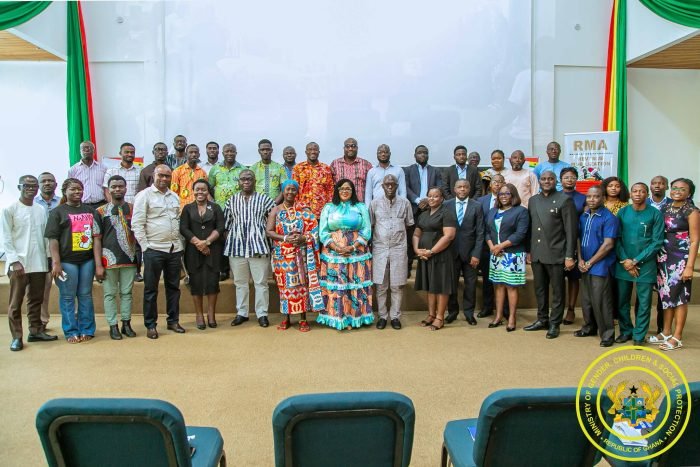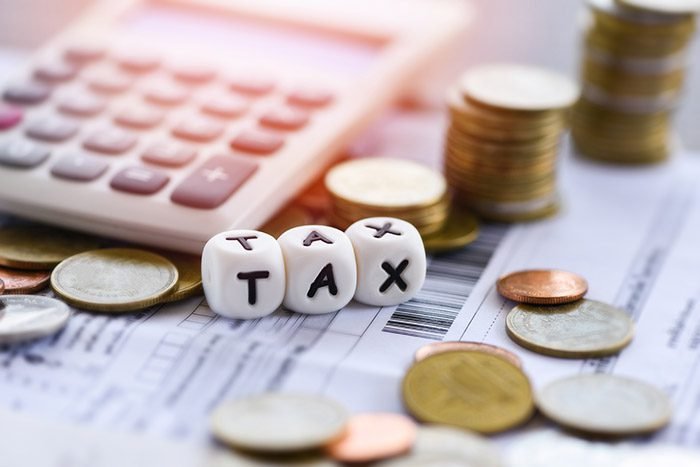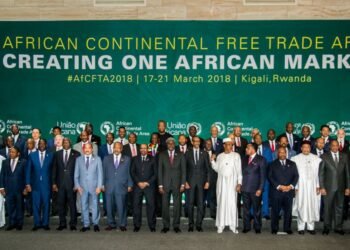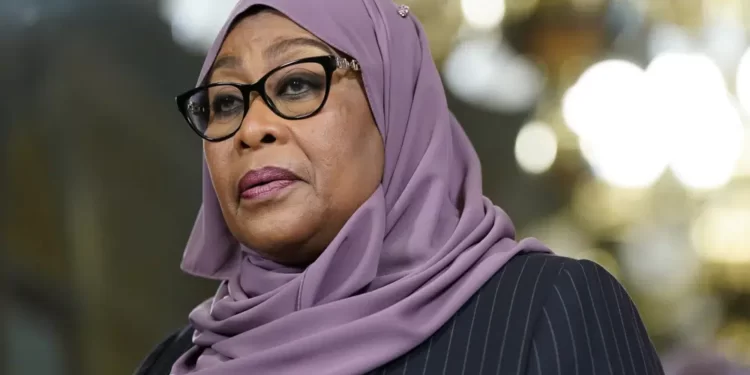Stakeholders from civil society organizations, women’s rights groups, and economic think tanks are urging the government to undertake urgent reforms of Ghana’s tax regime to make it fairer and more gender-responsive.
They argued that the current system, heavily dependent on indirect taxes, is deepening economic inequality, especially among women and low-income households.
The call was made during a two-day national conference on promoting tax justice and combating illicit financial flows (IFFs) for inclusive and gender-equitable development. The event was jointly organized by the Network for Women’s Rights in Ghana (NETRIGHT) and the Tax Justice Network Africa, as part of Phase Three of the Scaling Up Tax Justice Project.
Delivering the communiqué after the conference, Madam Patricia Blankson Akakpo, Head of Secretariat at NETRIGHT Ghana, emphasized that the country’s tax structure must be reviewed to ensure fairness and inclusivity.
“While domestic resource mobilisation has improved, Ghana’s mobilisation efforts are still insufficient to fund public investment in health, education, and social protection. Reforms should address the structural gender inequalities in taxation and fiscal policies to lessen the burden on low-income earners, women, and Micro, Small and Medium-sized Enterprises (MSMEs).”
Madam Akakpo
She added that Ghana’s overreliance on indirect taxes such as the Value Added Tax (VAT) and levies on goods and services disproportionately affects vulnerable populations, particularly women in the informal sector.
Madam Akakpo called on the government to include corrective measures in the 2026 national budget to promote equity and strengthen domestic resource mobilization.
Bridging the Gender Gap in Taxation
The stakeholders applauded Ghana for the passage of the Affirmative Action (Gender Equity) Act, 2024 (Act 1121), which seeks to promote equal opportunities and representation for women in governance and development. However, they noted a significant delay between the introduction of gender-affirmative budgeting in the 1990s and the recent implementation of the law.
The participants expressed concern that this three-decade lag had slowed progress toward gender equity in fiscal policy design. They urged government institutions such as the Ghana Revenue Authority (GRA) and Parliament to incorporate gender analysis in tax planning, ensuring that fiscal decisions account for the socio-economic realities faced by women and MSMEs.

“Ghana was the first to implement gender-affirmative budgeting in the 1990s, but it took another 20 years to translate that policy into law,” said Ms. Grace Arina, Feminist Tax Initiative Lead at the Tax Justice Network Africa. “That time lag has been detrimental to women, and the government must now act swiftly to implement gender-forward tax policies.”
The Hidden Cost of Indirect Taxes
Ms. Arina explained that indirect taxes, including VAT and excise duties, have a regressive impact on society because they take up a higher proportion of income from low-income earners.
“Women are more likely to spend a large portion of their income on basic necessities which are subject to these taxes. As a result, fiscal austerity and overdependence on consumption taxes deepen economic inequality and limit women’s financial empowerment.”
Ms. Grace Arina
She emphasized that progressive taxation—where higher-income individuals and multinational corporations contribute a fairer share—was essential to promote economic justice and fund key social services.
The conference, attended by representatives from civil society organizations, trade unions, academia, and government agencies, concluded with a strong appeal for collaboration. Stakeholders emphasized that the media, development partners, and policymakers must work together to raise awareness and push for reforms.
Ms. Arina underscored the importance of collective effort saying, “The onus is on the media to spread this information far and wide and ensure public awareness of these issues. It’s the duty of government to implement the policies advanced by civil society. We must collaborate and work together.”
The experts reiterated that a gender-equitable tax system would not only enhance fairness but also boost productivity and drive inclusive economic growth in line with Ghana’s Sustainable Development Goals (SDGs).
READ ALSO:Health Minister Assures Ending NHIS Co-payments at PAC























